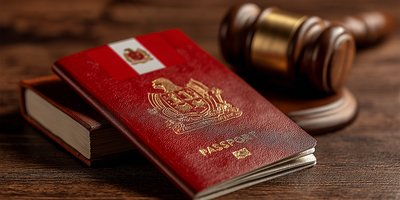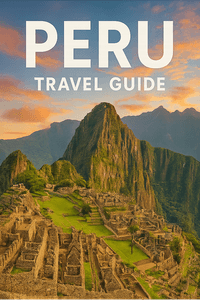When planning your trip to Peru, especially if you are visiting iconic sites like Machu Picchu and Cusco, it's essential to understand the customs regulations regarding cash declaration.
Travelers entering Peru are required to declare any amounts exceeding $10,000 in cash or its equivalent in other currencies. This declaration is necessary to ensure compliance with anti-money laundering laws and to facilitate proper tracking of funds.
If you are traveling with less than this amount, you are not obligated to declare it; however, it's still advisable to keep cash secured and distributed among your belongings for safety.
While cash is widely accepted in Peru, especially in more rural areas and markets within the Sacred Valley, it's a good practice to have some local currency on hand for small purchases or tips.
Credit cards are also accepted in many hotels and larger restaurants, but you may encounter places that prefer cash, particularly at local stalls or in remote areas.
Be aware that if you do declare your cash, you will need to keep the customs form and present it upon departure if you are carrying out the same amount you declared upon arrival.
In addition to cash regulations, it's wise to familiarize yourself with local banking hours and currency exchange options. Banks typically operate Monday to Friday, and some may offer limited services on Saturdays.
It’s advisable to exchange currency at authorized places such as banks or exchange houses to avoid potential scams. Also, consider informing your bank of your travel plans to avoid any issues with international transactions.
Lastly, while exploring Machu Picchu, you might want to purchase local handicrafts or snacks, so having small bills can be beneficial. Always practice common sense when handling cash, keeping it discreet and secure.






